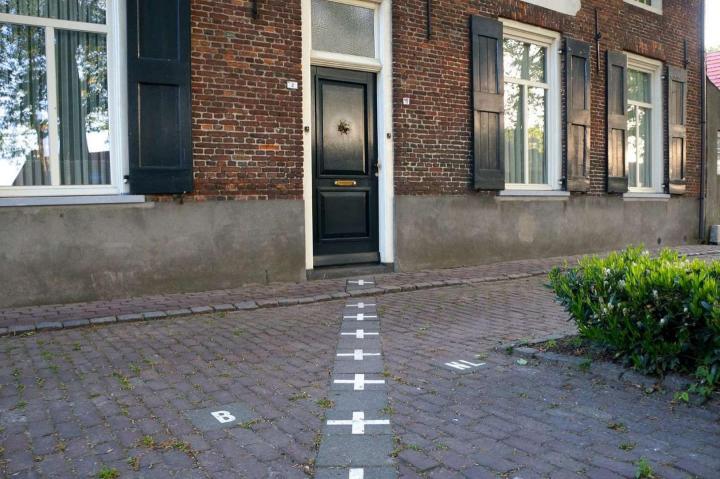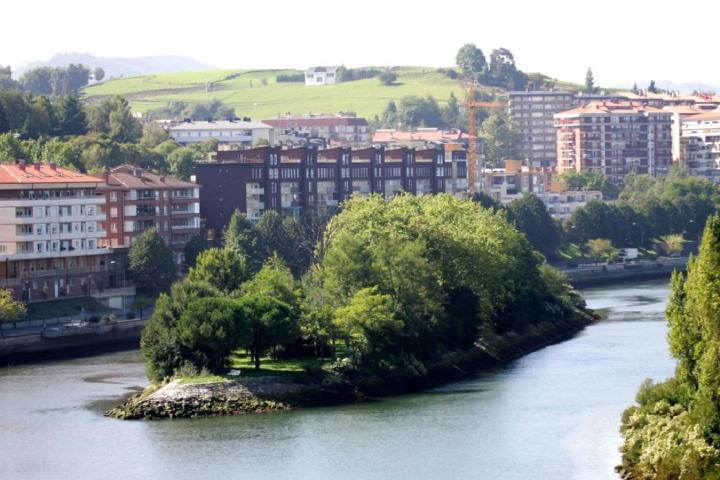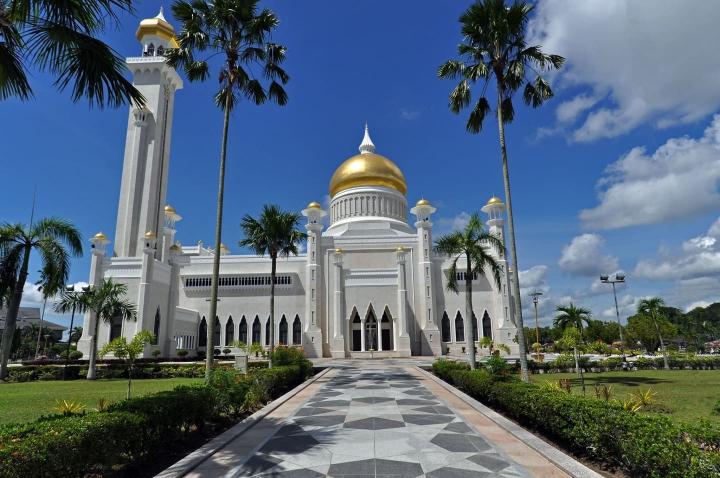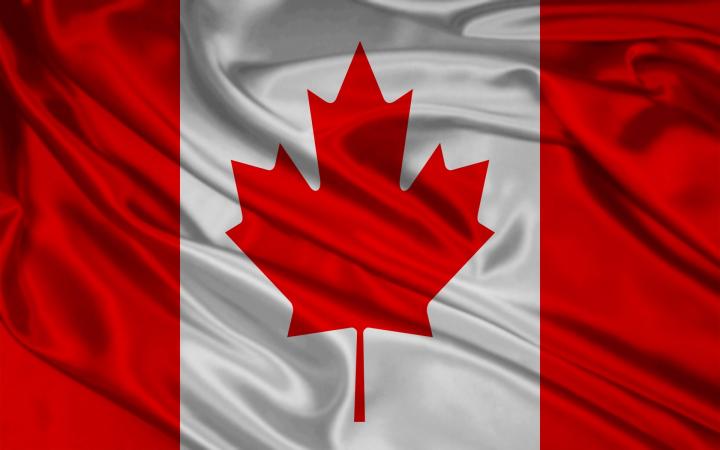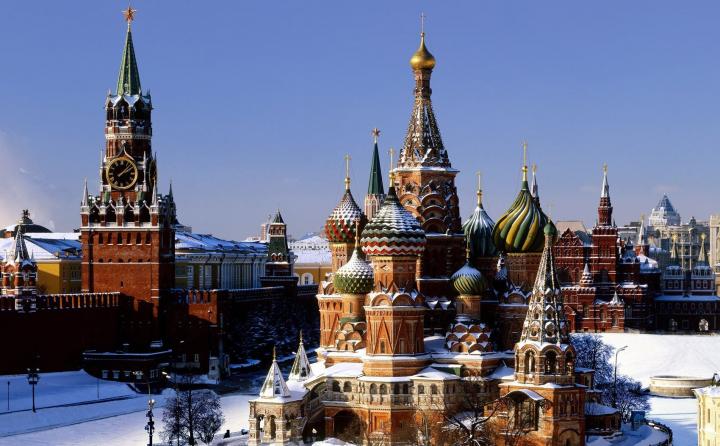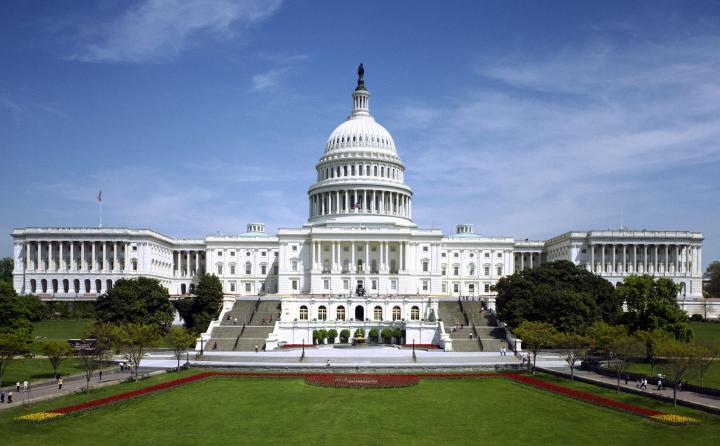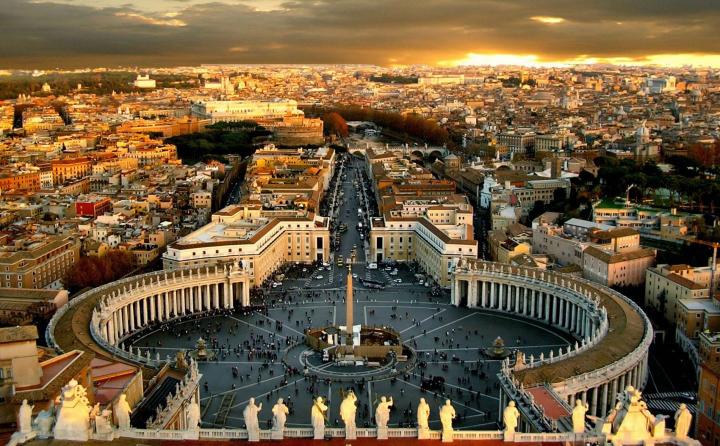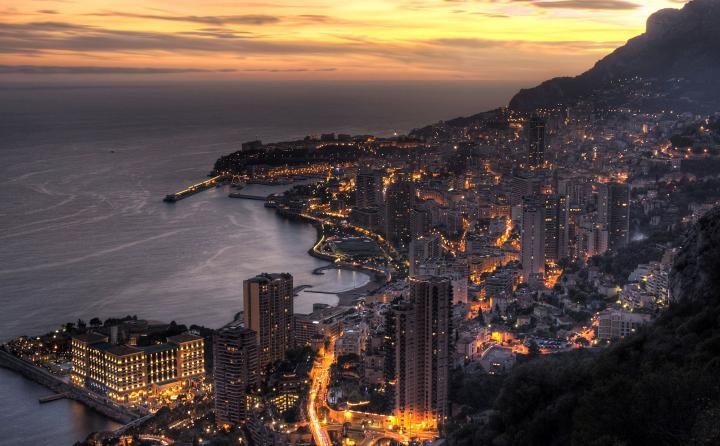The third smallest country in the world is the Republic of Nauru, located in the Pacific Ocean, south of the Marshalls Islands and 4,000 km away from Australia. It has a total area of 21,3km2.
The Republic of Nauru doesn’t only hold a record for being the third smallest country in the world. It is also the island nation and the world's smallest independent republic. Furthermore, it is also the least populated country of the United Nations, as it only has about 13,800 inhabitants. As if this wasn’t enough, it is also the only republic without official capital, although this responsibility is assigned to the city of Yaren. Regarding tourism, it only receives about 200 foreign visitors per year.
It gained its independence from Australia in 1968. Before that, it had been a European and Asian colony for many years. In 1999, the Republic of Nauru was accepted as a member of the United Nations. For decades, the standard of living in Nauru was very high due to the natural resource phosphate. Indeed, it was so high, that it was better positioned than some countries in the developed world. Its income was of 120 million dollars per year and the annual income was of $20,000 per capita. There was also no unemployment; no taxes and all social services were free.
Various colonial and state companies exploited phosphate since 1903, becoming the only source of income for the island. As a natural resource, the amounts available started to scarce due to bad practices. For example, inhabitants, when a car broke down, they bought a new one every time instead of fixing it. Other bad practices that made the country bankrupt in 1990 were: bringing immigrants to work in mining rather than themselves and bad investments abroad.
In order to try to recover from such bankruptcy, they decided to become a tax haven so they would attract capital. Money laundering by the Russians, which sold votes in international organizations and sold illegal passports made the Republic of Nauru to be considered a non-cooperative country by the UN. Today, the only income they receive is from Australia because they have a refugee camp in its territory and from Taiwan since they are allies in the UN.
Due to the massive extraction of phosphates lead by colonial companies, phosphate reserves are almost exhausted and 80% of the island was ruined, drawing over 6 million tons since 1935. As a result, 90% of the island is nowadays land that cannot be cultivable. Furthermore, the lack of potable water makes it even more difficult to maintain a good lifestyle in this country.
Regarding politics, Nauru is a parliamentary republic. Its parliament has 18 members and they’re elected every three years. The president is the head of state and at the same time head of government.
Concerning its flora and fauna and as a result once again of the massive phosphate extraction, Nauru is an island without mammals, meaning that there are only birds, insects and mollusks. However, there have recently brought cats, dogs, pigs, chickens and other domestic animals to the island
Despite being a country of only 21km2, the curiosity list is endless. It currently holds the record were most obese people live, since it affects 40% of the population. Consequently, it has the highest rate of people with diabetes type 2 because of its canned food importation. Life expectancy is of only 49 years of age.
Their current problems are quite serious. It is estimated that by 2050 all phosphate reserves will be depleted, which will worsen the situation. Today, 90% of the population is unemployed and 96% are illiterate.
http://en.wikipedia.org/wiki/Nauru
http://www.naurugov.nr/
http://www.abc.net.au/news/2013-10-23/nauru-worlds-smallest-republic/4983548
http://www.nationsonline.org/oneworld/nauru.htm
http://www.bbc.com/news/world-asia-pacific-15433616





